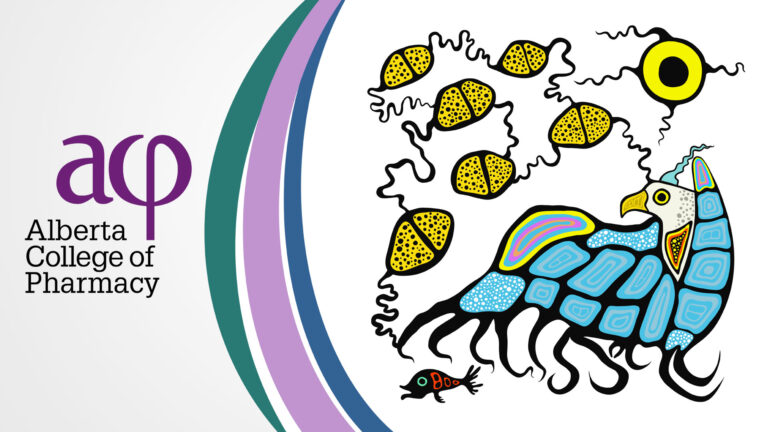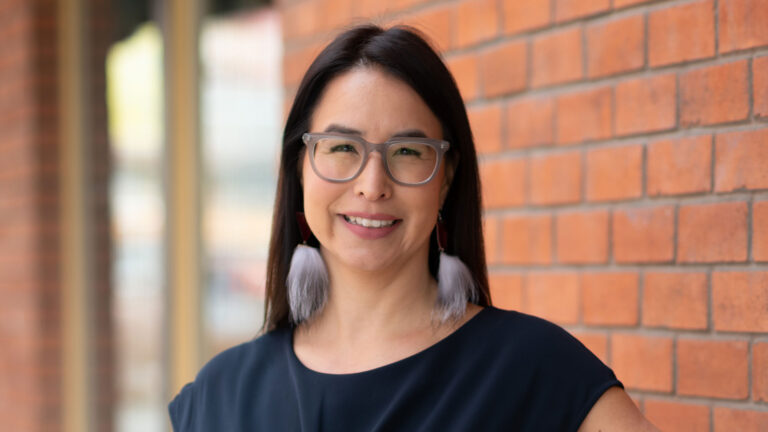
The standards referenced in the article below are out of date as of February 1, 2025. Please refer to ACP’s new standards for up-to-date information.
People who work in pharmacy know that every role within a pharmacy team is important. Each person has a set of responsibilities they must meet for the team to provide quality patient care. However, as with any team, the leader is the one who sets the example, mentors, communicates, and follows through to ensure that the team can perform and that patient needs are being met.
In a pharmacy, that leader is the licensee.
Currently, the only requirement to become a pharmacy licensee in Alberta is that you must be an active pharmacist on the ACP clinical register. As of October 1, 2020, that will change. On that date, it will become a requirement for anyone applying to be a licensee of a new or existing pharmacy to complete ACP’s Licensee Education Program (LEP). Proprietor’s agents of new or existing pharmacies will be required to complete the Proprietor’s Self-Assessment as part of the application process.
Ultimately, it’s the licensee who holds the licence to operate a pharmacy and is responsible for everything that takes place in the pharmacy. To ensure understanding of this responsibility, the development of an education program for licensees became a priority for ACP Council. ACP competence director Pamela Timanson and registration director Debbie Lee began developing the program in 2017.
“Some licensees may not realize the importance of their role and their obligations as the licensee,” said Debbie. “Licensees have to understand their role, they need to be familiar with the applicable legislation, they need to understand the difference between their role and the proprietor’s role, and they must be aware of their obligations when operating a pharmacy.”
ACP worked with Queen’s University to create the LEP, which was designed to help current, new, and potential licensees, and new proprietor’s agents understand and articulate
- the licensee’s and proprietor’s agents’ legal expectations and responsibilities,
- use relevant resources to update and maintain knowledge on legislation and standards for operating a pharmacy, and
- develop understandings of a managerial role.
To be successful, licensees must be able to lead, foster relationships, manage conflict, and support their staff. The concept of professionalism is a strong theme throughout the program.
There are two components of the LEP.
Part A includes readings, peer conversation and reflection (pre-module), and an online module (chapters 1-5). The five chapters cover the following:
- the roles and responsibilities of a licensee and proprietor’s agent;
- the licence application process and communication with ACP;
- the physical environment of a pharmacy;
- a pharmacy website, advertising, records, and drug inventory; and
- the Health Information Act, pharmacy personnel, and quality assurance.
Part B includes an online module (chapters 6-7) and a self-assessment (chapter 8). Chapter 6 focuses on professionalism, what it means to be a pharmacy professional, leadership, and conflict management. Chapter 7 provides licensees access to resources to help maintain their knowledge on legislation and standards for operating their pharmacy. The self-assessment includes primarily multiple-choice questions on the legal expectations and responsibilities of a licensee and proprietor. It is reflective of the content covered in chapters 1 to 5. Existing licensees are required to complete Part B before they apply to renew their pharmacy licence in 2021 (they are also strongly encouraged to complete Part A).
The program was developed through research and collaboration within the pharmacy community, including a working group made up of experienced licensees and proprietors from across Alberta.
“We had the working group look over the learning objectives and provide feedback,” said Pamela. “They talked about their own experiences and what they wished they had known before they started. The sharing of those experiences was pivotal as we framed the chapters, particularly the pre-module work, around them. In the pre-module work we included a peer conversation assignment in which a new licensee converses with an experienced licensee about their experiences opening a pharmacy and what a new licensee can anticipate during their first year. Participants begin to reflect on their role as a licensee before they even begin chapter one.”
The premise behind peer conversation and reflection and having interactivity as part of the program is based on applying adult learning philosophies and current online learning methodologies.
“We’re trying to have multiple approaches to support licensees,” said Pamela. “Sometimes licensees look at each other as competitors rather than colleagues, so we are trying to break down some of those barriers, those obstacles. We are encouraging licensees to reach out to each other, to converse and collaborate, and to work together as opposed to viewing each other as a competitor in the business world.”
In Part B, participants will be required to complete a self-assessment to take an honest look at themselves and their understanding of their responsibilities as licensees.
“It aligns with adult learning principles, not just pushing information on people but having individuals reflect on what they know,” said Debbie. “By doing the self-assessment, it might identify some gaps in their knowledge and trigger them to complete Part A. It’s important to engage the learner to think through the self-assessment questions and not just sit through the slides in the module.”
As mentioned, new proprietor’s agents will need to complete the Proprietor Self-Assessment. The proprietor’s agent is the individual, documented on the pharmacy application form, who is either the owner or the designated representative of the owner(s) who oversees and directs the operation of the pharmacy, provides resources, and supports the licensee in complying with the legislative framework.
“When a proprietor’s agent completes this program, we hope they will better understand their roles and responsibilities and have a better working relationship with their licensee,” said Pamela. “Having a better understanding of who’s responsible for what and the legislative limitations of roles will contribute to the effectiveness of the pharmacy team and support the person-centred care provided to patients.”
As it stands today, an application for a pharmacy licence focuses on the physical requirements for a pharmacy: the equipment needed, a proper floorplan, etc. With the introduction of the LEP, a human element has been added, ensuring that the people responsible for the pharmacy are prepared to take on their roles.
“The feedback we received from the working group was that they wished there was a licensee education program available to them before they took on that role, because it is a big role,” said Debbie. “There’s so much they need to know. Ultimately, we need licensees and proprietors to understand and comply with legislation to ensure safe and effective patient care.”




